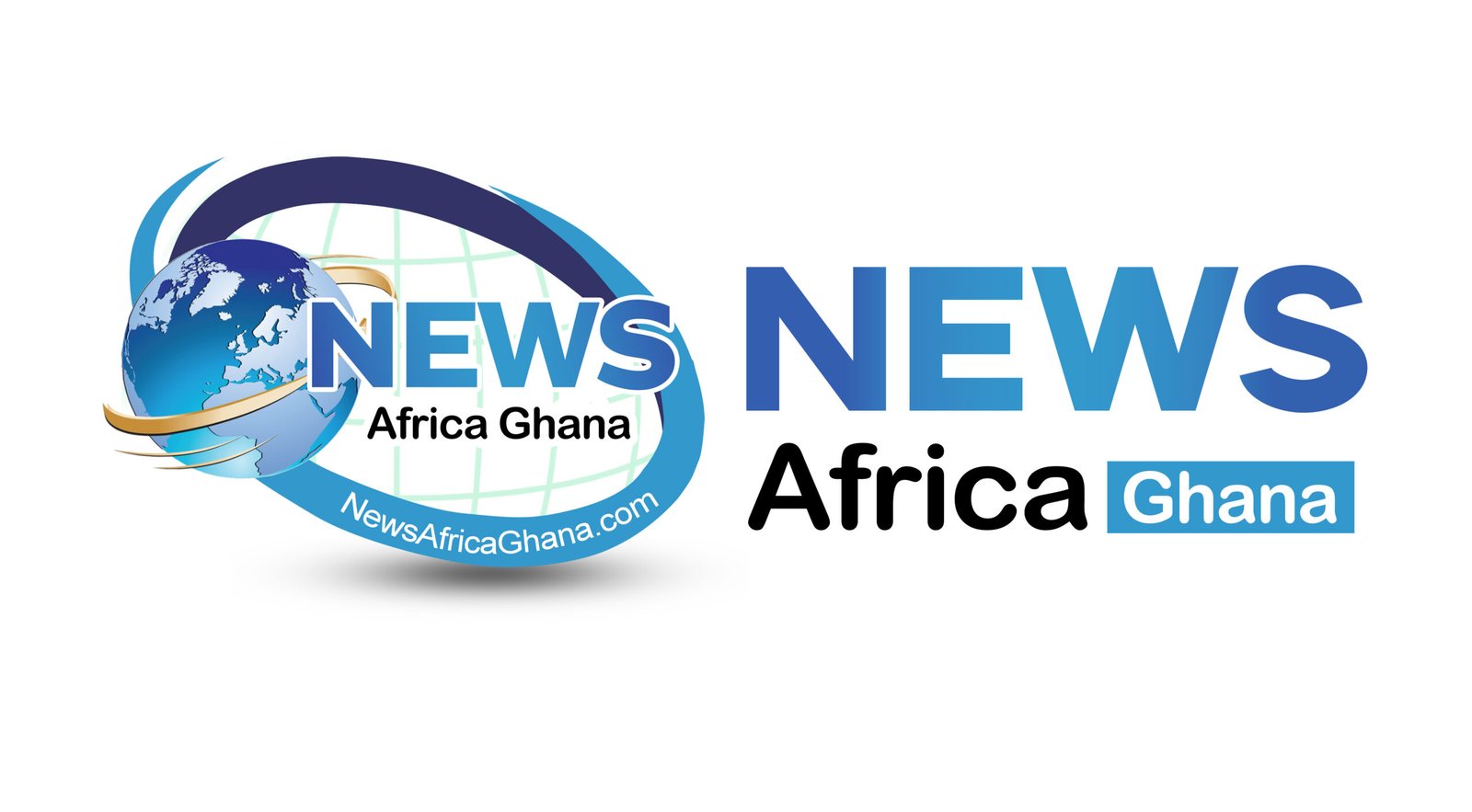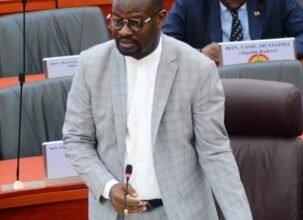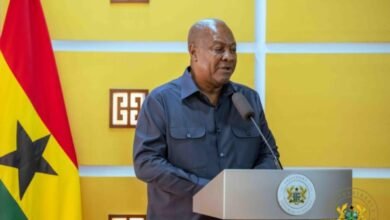CSOs Sound Alarm Over Public Health Crisis Triggered by Nurses’ Strike

Civil society organisations, including the Ghana NCD Alliance (GhNCDA), Vision for Accelerated Sustainable Development (VAST-Ghana), and the Stroke Association Support Network, have issued an urgent appeal over the deteriorating public health situation caused by the ongoing nationwide strike by nurses and midwives.
The strike, led by the Ghana Registered Nurses and Midwives Association (GRNMA), is now in its second week, with nurses demanding improved working conditions and the full implementation of their Conditions of Service agreement.
While expressing solidarity with the health workers, the coalition of civil society groups raised alarm over the severe disruption to critical public health services, particularly for people living with non-communicable diseases (NCDs).
“From Accra to Tamale, Cape Coast to Bolgatanga, public healthcare services have been severely affected,” the statement noted.
“Vital services such as dialysis, cancer treatment, hypertension and diabetes care, stroke rehabilitation, and mental health support have become either inaccessible or significantly reduced.”
The organisations stressed that patients requiring continuous and urgent care are being left vulnerable, with potentially fatal consequences.
In Ho, dialysis patients have reportedly been turned away due to staff shortages. Elsewhere, those suffering from conditions such as epilepsy and severe asthma are now without access to essential medication reviews, counselling, or emergency support.
As the burden of care shifts to private facilities, costs have soared beyond the reach of many Ghanaians, deepening the country’s health inequalities and putting lives at risk.
“This not only threatens health outcomes but further entrenches inequality in access to healthcare,” the statement added.
According to the statement released on Wednesday, June 11, the crisis is taking a toll not only on physical health but also on mental well-being.
The organisations cited rising anxiety, fear, and emotional distress among patients and their families as they struggle with the financial and psychological burden of disrupted care.
They also warned that the nation’s broader health development goals are under threat.
“The strike undermines the nation’s commitment to achieving Universal Health Coverage (UHC) by 2030 and Sustainable Development Goal 3 (Good Health and Well-being),” the release stated. “It starkly exposes the fragility of our health system and the urgency for reform.”
Calling for political neutrality, the organisations urged all parties to approach the crisis as a national emergency rather than a partisan issue.
“Health is a fundamental human right and must never be reduced to a political debate,” they asserted.
“The lives of Ghanaians cut across political affiliations.”
The coalition welcomed the President’s directive to the Ministry of Finance to chart a roadmap for resolution in consultation with the GRNMA but insisted that “words must now translate into swift action to protect human life.”
Among the key proposals put forward were:
- Prioritising patients in all budgetary and policy decisions;
- Engaging in good faith negotiations and mediation;
- Providing emergency financial relief for NCD patients forced to seek private care;
- Expanding access to mental health support services;
- Instituting temporary emergency staffing measures to resume critical services; and
- Mobilising civil society, media, and faith-based groups to intensify advocacy.
“This crisis must not continue. Every hour of delay risks another life, deepens public mistrust, and reverses hard-won progress,” the statement concluded.
“Let this be a defining moment in our national conscience where Ghana chooses people over politics, lives over litigation, and humanity over hierarchy.”
Credit: Emmanuel Tetteh




